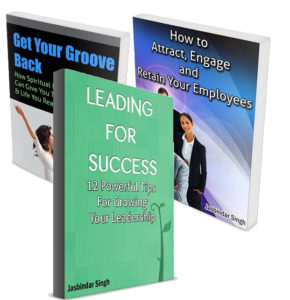 “Self-knowledge is something everyone can grasp. When you understand your emotions, you will have the capacity to understand other peoples emotions too.”
“Self-knowledge is something everyone can grasp. When you understand your emotions, you will have the capacity to understand other peoples emotions too.”
Swami Suddhananda
The gift of emotions
The spectre of emotions we experience is a true gift. Imagine a world without the contrast and diversity of experiences and emotions.
In the work place, this can range from the incredible sense of success and team work of a well-executed project to those other times when we have missed out on something, feel mis-understood or attacked.
Feelings and emotions are also viral.
We have to be conscious that we are not unduly affecting others with our negative emotions which could just be “passing clouds.”
As managers and leaders we are setting the tone, expectations, climate and culture of our teams and organization.
And nothing seeps or gets picked up faster by others than the non-verbal vibes or careless throw-away comments.
The EQ skills of self-awareness and self-management are vital here to avoid the reactive response when confronted with the unexpected, which one invariably regrets.
Some self-awareness and self-management pointers:
- Don’t minimize your emotions as they are always giving you information. They can be communicating what even your rational mind has not yet caught up to.
- The key is to identify and acknowledge fully whatever emotions you are experiencing and to then use it intelligently e.g starting with “ I feel let down, angry, put out, hurt or whatever else.
- Try and identify what might have contributed or caused these underlying feelings.The first obvious feeling you identify often has some other underlying ‘trigger scenario.’ For example you may identify anger as what is present but underneath that might be feelings of hurt or rejection because of your interpretation of being left out or ‘not being wanted.’
- This can be useful as it gives us a choice in not ‘projecting our stuff’ onto the other person who is very likely oblivious to this!
- You can then explore the range of options and actions available to you. AND THERE ARE ALWAYS OPTIONS even though we may not see it at the time. For example, “ I could set up a meeting with Jo and talk this through her,” or “ I need to get more information and get my trusted colleague Bill’s take on this” or “I can own and take action on my own need for a sense of belonging and the reaction I have if this doesn’t happen.”
- Blame, denial and making excuses typically leave us stuck with our negative feelings. There is little scope for shifting state and finding other more effective and empowered responses.
Coaching Insight:
Sometimes when we are feeling very strongly about something – it can be an indicator that one of our values or goals may be being threatened or thwarted.
Some questions to ask yourself:
- What is it that you feel you can or cannot do?
- Who is a ‘trusted other’ you could talk to?
- Are there other ways of looking at the situation and or ways around it?
- What situations tend to be a trigger for you?
- What responsible action can YOU take which will feel restorative and or empowering?
- Are you trying to ‘fix’ some thing ‘that you are ‘not in your control?’ Perhaps Letting go is a better strategy?
As a leadership coach, team facilitator and speaker, I love working with organisations and savvy managers and leaders to grow their emotional intelligence (EQ/EI) and engage their teams better. I also love speaking to different audiences on such topics including finding and living our mojo, emotional intelligence and leadership and life transitions.
Image courtesy of imagerymajestic at FreeDigitalPhotos.net






 Follow Jasbindar on Twitter
Follow Jasbindar on Twitter



